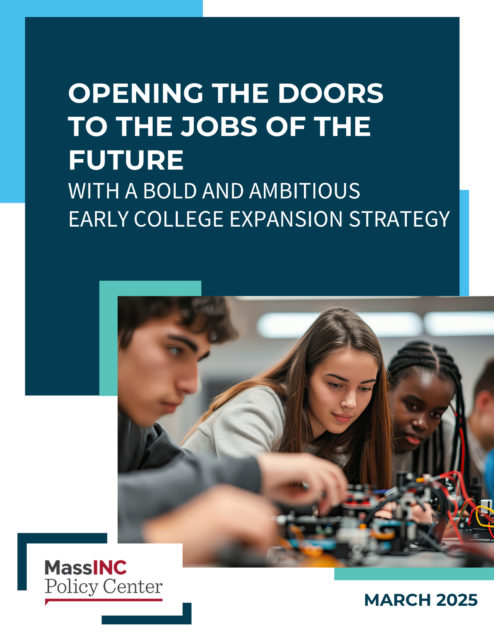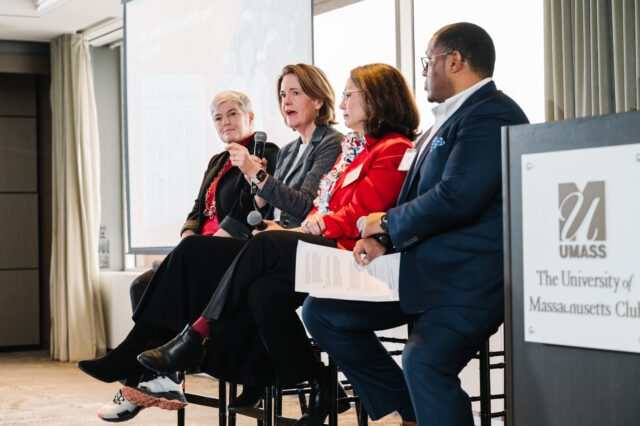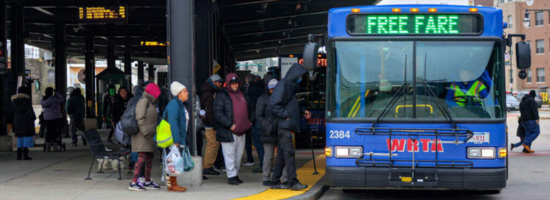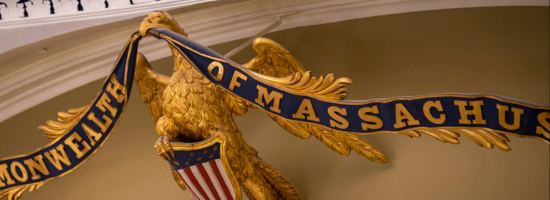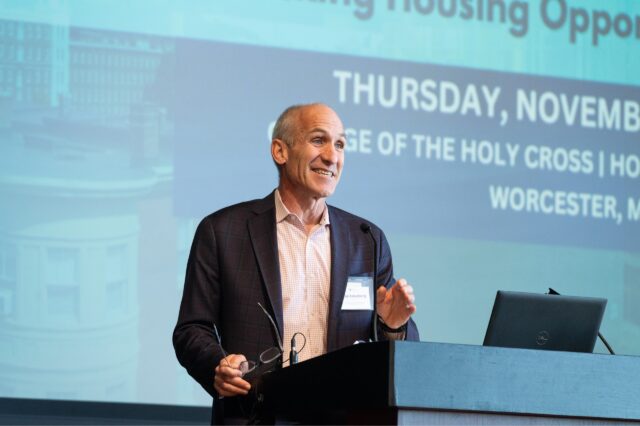Policy Center
Research, events, and articles from the MassINC Policy Center, including the Gateway Cities Innovation Institute.
Explore Topics
-
Opening the Doors to the Jobs of the Future
Expanding Early College access and strengthening career-connected learning are critical to ensuring Massachusetts maintains a competitive, skilled workforce, and this report outlines four key objectives to guide the state's expansion strategy.
March 3, 2025
- Massachusetts must significantly expand Early College programs to reach more low-income students, as current enrollment remains too limited to make a substantial impact. The state should prioritize high-potential high schools and utilize hybrid or online learning models to ensure accessibility, particularly for students in rural areas.
- Current Early College programs lack structured connections to high-demand industries like health and STEM. A more robust program should integrate specialized advising, career development experiences, and credit accumulation targets, while also aligning Early College with Innovation and Career Pathway (ICP) programs.
- Expanding Early College to middle-income students can create more diverse learning environments, strengthen urban schools, and support high school redesign in smaller districts. Targeted strategies include regional partnerships, urban magnet schools, and enrollment goals that promote integration in Boston and the Gateway Cities.
- Sustainable Early College expansion will require clear governance structures, accountability measures, and administrative capacity. Some necessary policy changes will need to be addressed through board decisions, legislation, and budget appropriations.
-
School Centered Neighborhood Development
February 20, 2025
-
Policy Center recommends rule changes to facilitate building renovations
Public comment takes a deeper dive into the "30% Rule” and its impact on property owners in Gateway Cities.
December 16, 2024
-
False Narratives: Understanding Contemporary Native concerns, including harmful images, and why change matters
Representatives from Native communities and tribal serving organizations make the case for revamping school mascots, the state seal and flag, and addressing other important issues necessary to strengthen the fabric of Massachusetts and its Indigenous communities.
December 4, 2024
-
Greg Bialecki: A remembrance
Joe Kriesberg, the CEO of MassINC, and Andre Leroux, Program Director for the Gateway Cities Innovation Institute, were longtime colleagues of Greg Bialecki. They wrote this tribute upon his passing.
November 26, 2024
-
The 12th Annual Gateway Cities Innovation Summit
On Thursday, November 14th, over 250 attendees came together in Worcester for our 12th annual Gateway Cities Innovation Summit. Leaders and community members from across the state participated in a dynamic day of discussion and reflection focused on efforts to address housing challenges.
November 14, 2024
